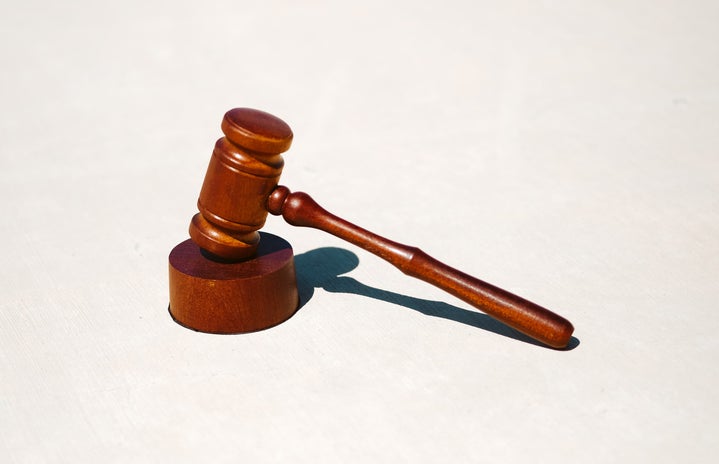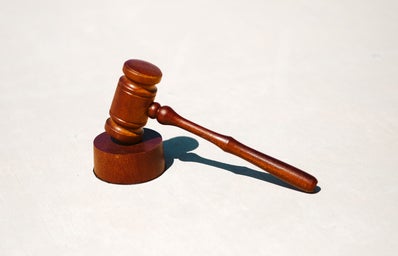Human Rights’ Day is historically tied to the 21st of March 1960, and the events of The Sharpeville Massacre. The incident occurred in the black township of Sharpeville. A protest, organised by the Pan-Africanist Congress (PAC), was interrupted by the police who fired on a crowd of black people, killing 69 of them and wounding 180 of them.
The PAC proposed an anti-pass campaign to commence on 21 March 1960. The Pass Laws Act of 1952 required black South Africans over the age of 16 to always carry around a passbook, everywhere they went. The passbook resembled a passport, but it contained pages filled with more extensive information than a normal passport. Over 250,000 black South Africans were arrested each year for technical offences under the pass laws. The passbook and pass laws became the most despised symbol of Apartheid.
About 20,000 black people gathered near a police station at Sharpeville and were instructed to surrender their passbooks and invite arrest. However, rows of armed policemen stood outside the police station prepared to stop the protest. The large crowd was ordered to disperse but police opened fire onto them before they had a chance to comply. The government declared a state of emergency in South Africa. Following the events, the shocking photographic evidence was at the forefront of the media in the UK, the USA, and in other parts of the world. Later, film footage of the event was on televisions across the globe. The massacre was the first event that brought attention to the unjust system of Apartheid and the harsh realities of the majority of South Africans. Sharpeville played a crucial role in bringing the full extent of the violence and cruelty of Apartheid to the world.
Human Rights Day provides South Africans with the opportunity to honour and commemorate those who suffered and fought for a free, non-racial democracy and the protection of human rights. It serves to remind us of the human rights which we, as well as the state, must respect. Following the abolishment of Apartheid, Nelson Mandela chose Sharpeville as the site at which he signed into law the country’s new constitution on the 10th of December 1996. The South African constitution, which is rightly admired as one of the best-written constitutions in the world, is a symbol of the political settlement which brought Apartheid to an end. The Bill of Rights, in section 2 of the constitution, enshrines the rights of South African people and affirms the democratic values of human dignity, equality and freedom. The constitution provides a unique level of entrenchment and protection of those rights. On this day, South Africans are encouraged to reflect on and protect their rights, as well as the rights of other people.
Although we are protected in this regard, there is still vast inequality in South Africa. Apartheid no longer physically or legally exists but there is still an invisible Apartheid that prevails in South African society because of our country’s past. Whilst we must honour those who fought for equality and human rights for all South Africans, we must also continue and extend their fight.


